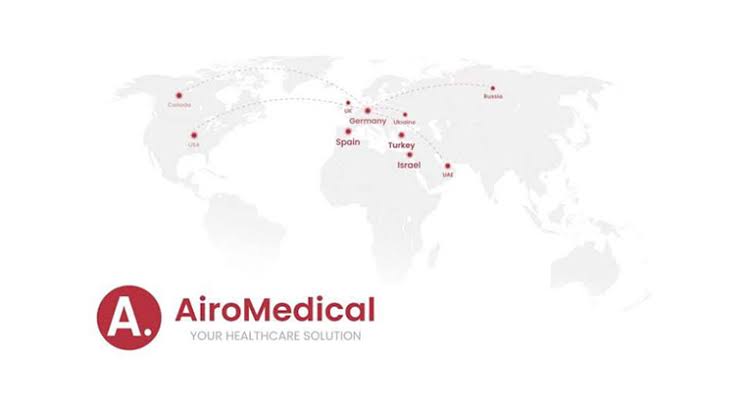Germany is globally renowned for its advanced healthcare system, cutting-edge medical technologies, and a patient-centric approach to treatment. For individuals seeking cancer care abroad, Germany offers a comprehensive range of services, from diagnostics to personalized treatment plans. This guide provides essential information for international travelers considering cancer therapy in Germany.
Why Choose Germany for Cancer Care?
Germany’s healthcare system ranks among the best in the world. It is known for:
- State-of-the-Art Facilities: Oncology clinics in Germany are equipped with the latest medical technologies for accurate diagnosis and effective treatment.
- Expert Oncologists: German oncologists are highly trained and often participate in groundbreaking research, ensuring access to innovative therapies.
- Comprehensive Care: Patients receive multidisciplinary care, combining surgery, radiology, chemotherapy, and immunotherapy to achieve optimal outcomes.
- Focus on Quality of Life: Beyond treating cancer, clinics emphasize rehabilitation and psychological support to enhance patients’ quality of life.
Steps to Access Cancer Therapy in Germany
1. Research and Select an Oncology Clinic
The first step is to check oncology clinics that specialize in your specific type of cancer. Germany has numerous specialized centers, such as the University Hospitals of Heidelberg, Munich, and Berlin. These institutions are recognized for their expertise in various cancer types, including breast, lung, and colorectal cancer.
Consider the following when selecting a clinic:
- Reputation: Look for reviews and accreditations.
- Services Offered: Ensure the clinic provides the treatment you require.
- Language Support: Many clinics offer translation services to assist international patients.
2. Obtain a Medical Visa
International travelers need a medical visa to access healthcare in Germany. Requirements include:
- A letter from the chosen clinic confirming your appointment.
- Proof of financial means to cover treatment and travel expenses.
- Valid health insurance.
3. Prepare Medical Documentation
To streamline your consultation, prepare a comprehensive medical dossier. Include:
- Medical history and reports.
- Recent imaging results (e.g., CT scans, MRIs).
- Pathology reports and biopsy results.
- List of current medications.
4. Schedule a Consultation
After choosing a clinic, schedule an initial consultation. During this session:
- Discuss your diagnosis and treatment options.
- Ask about the duration, costs, and potential outcomes of therapy.
- Inquire about complementary services, such as nutrition counseling and psychological support.
Popular Cancer Therapies in Germany
Germany offers a wide array of cancer treatments tailored to individual needs:
Surgery
Minimally invasive surgical techniques are commonly used to reduce recovery time and improve outcomes.
Radiation Therapy
Advanced radiotherapy options, such as proton therapy and stereotactic radiosurgery, target tumors with high precision while minimizing damage to surrounding tissues.
Chemotherapy
Patients receive personalized chemotherapy regimens based on the type and stage of cancer.
Immunotherapy
This cutting-edge approach boosts the immune system’s ability to fight cancer.
Targeted Therapy
These treatments focus on specific genetic mutations in cancer cells, offering a more precise approach to treatment.
Tips for International Travelers
1. Plan Accommodations and Transportation
Many oncology clinics are located in major cities with easy access to hotels and public transportation. Some clinics also offer on-site lodging for patients and their families.
2. Understand Treatment Costs
Cancer therapy in Germany can be expensive, but the costs often reflect the quality of care. Discuss payment options with your clinic and explore health insurance coverage or international patient funding programs.
3. Utilize Support Services
Many clinics offer support services to ease your journey, including:
- Multilingual staff.
- Patient coordinators to manage appointments and logistics.
- Access to rehabilitation and aftercare programs.
Final Thoughts
Germany’s reputation as a leader in cancer care attracts thousands of international patients each year. By thoroughly researching clinics, preparing necessary documents, and understanding the treatment process, you can access world-class medical services. With careful planning and support, individuals can confidently navigate their treatment journey and focus on recovery in a country known for its exceptional healthcare standards.

